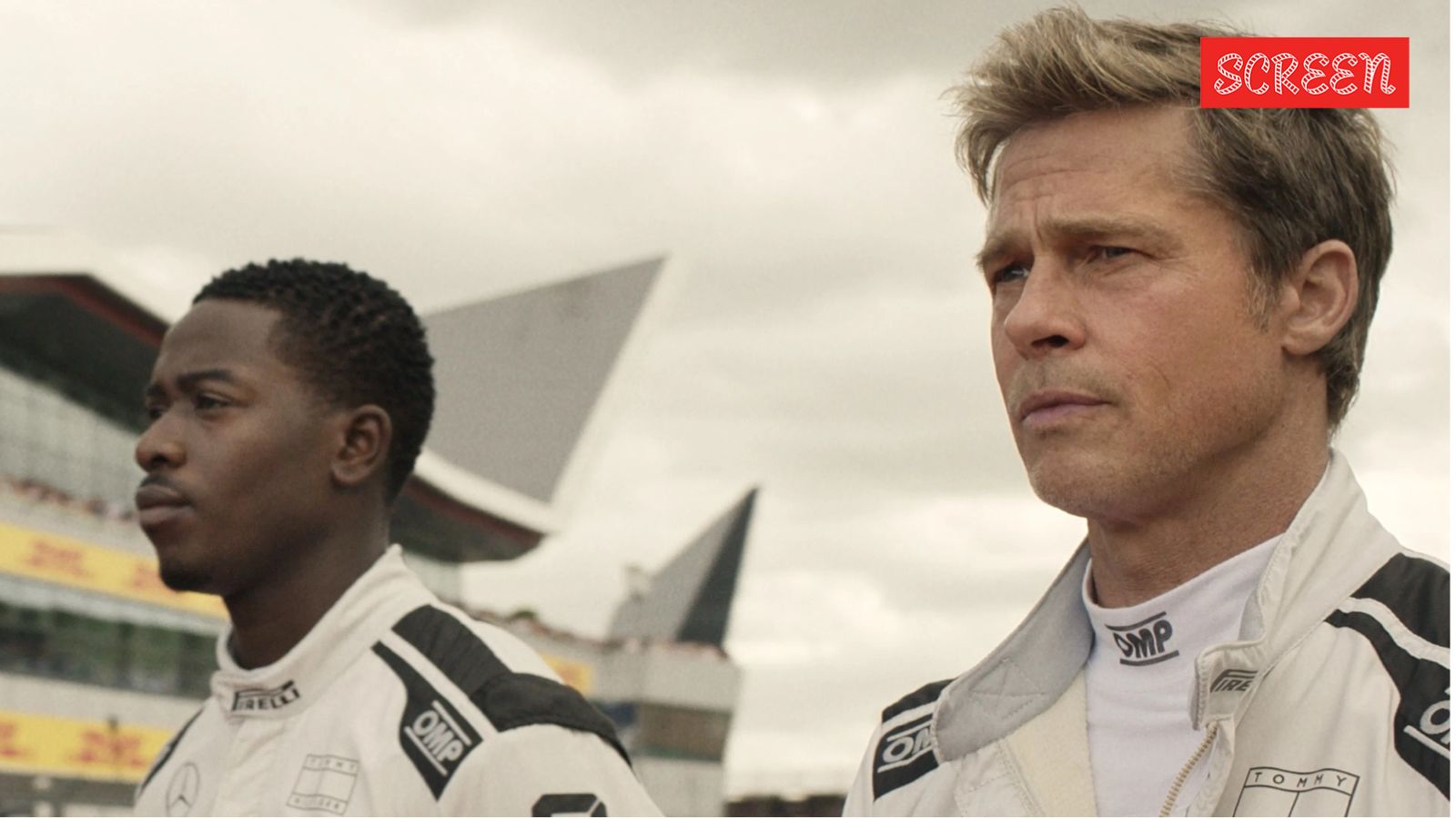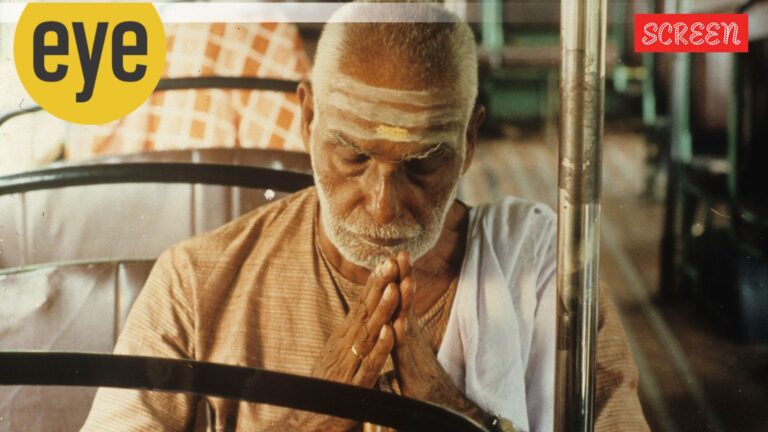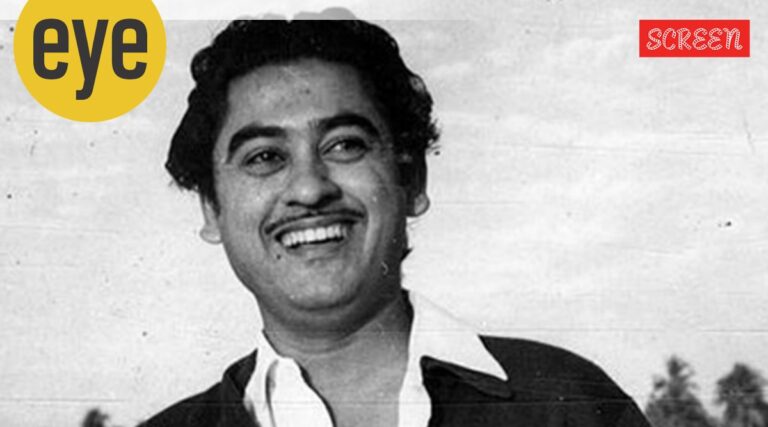In a world too eager to draw lines between “cinema” and “content,” there’s something liberating about watching a film that unapologetically blurs them. F1: The Movie is that film. It screeches into the cultural conversation like a perfectly timed overtake — sleek, loud, emotionally resonant, and utterly commercial. But most importantly, it reminds us why we fell in love with going to the movies in the first place.
Yes, it’s a popcorn flick. But perhaps, it’s time we act as if it’s a bad thing.
There’s a particular kind of snobbery that often trails behind the phrase “popcorn movie.” It suggests something frivolous, temporary, even intellectually disposable. As if real cinema can only happen in quiet conversations, long takes, or prestigious festival halls. But anyone who’s ever clutched their armrest during a climactic car chase or felt goosebumps rise as the score swelled in a packed auditorium knows that what commercial cinema offers is no less sacred.
As I walked out of my IMAX show of F1, heart racing, breath caught somewhere between awe and adrenaline, I was entertained, sure, but I was also revived. It was a visceral reminder that spectacle, when done with care and vision, is not the enemy of art. It is art.

When we talk about blockbusters – real, heart-thumping, stadium-filling blockbusters – we have to start with Tom Cruise. The man has never pretended to chase awards. The Academy’s recent decision to honour him with a career-first Honorary Oscar is less about a golden statue and more a belated acknowledgment of something much bigger: Cruise doesn’t just make movies. He fights for them.
He was one of the first global stars to urge people back to theatres when the COVID-19 pandemic was at its peak –– even flying to London to support Christopher Nolan’s Tenet. That was less about promotion and more about preservation. Cruise, more than a star, has always been a patron of the big screen. His last major commercial success, Top Gun: Maverick, was described by Spielberg as the film that “saved Hollywood’s a**.” That wasn’t hyperbole, it was history.
But Cruise didn’t do it alone. Director Joseph Kosinski, who returned after the elegant dogfights of Maverick, now turns his eye to the tarmac. In F1, Kosinski cements his place as the next great architect of big-budget cinema –– one who understands that spectacle without soul is just noise. Kosinski doesn’t just choreograph speed, he composes with it. His action sequences aren’t stitched together in the edit, they’re scored like symphonies. There’s rhythm. Tension. Payoff.
Story continues below this ad

Somewhere along the way, “popcorn movie” became shorthand for something unserious. But what if that label isn’t an insult, but an invitation?
I’ve argued against this kind of cinema myself. I’ve scoffed at Minecraft making millions. I’ve raised eyebrows at Animal dominating the box office. But then, F1 hit me like a memory I didn’t know I’d misplaced. It brought me back to Ta Ra Rum Pum, a racing drama that might not rank high in Bollywood’s pantheon but, for me, was where it all began. I rooted for Saif Ali Khan’s RV. I sang the title track. I felt something. Maybe I’ve always had a thing for racing films. Or maybe racing films just know how to tap into something primal: motion, momentum, meaning.
There is a strange, beautiful alchemy that happens in a dark theatre. The communal gasps. The silence that falls before the final lap. The vibration of engines that you feel in your ribcage. That can’t be replicated on a phone. It’s not supposed to be. F1 is a reminder of why we gather in the dark –– why we still need those towering screens and that cavernous sound, and why the theatrical experience isn’t dead, just dormant, waiting for the right ignition. And F1 is nothing if not a push-start for cinema.
Let’s retire the old dichotomy: that art belongs at Cannes and commerce belongs at the box office. History has proven otherwise. From Jaws to Titanic, The Dark Knight to Avatar, and now Maverick to F1—blockbusters can have brains, and heart, and soul.
Story continues below this ad
F1 doesn’t just make the case for popcorn movies. It makes them personal again. It proves that emotional depth and mass appeal aren’t contradictions—they’re co-drivers. Beneath the rubber, the smoke, the turbocharged glitz, there’s philosophy. Time. Obsession. Mortality. A meditation on the human need to chase, to risk, to move. Blockbusters like F1 don’t dumb us down. They lift us up. They unite us, move us, and yes, sell us popcorn. And maybe – just maybe – that’s exactly what movies are meant to do.

























